Mi chiamo Jana. Ho 21 anni. Cerco di portarmi italiano.
Don't wanna be here? Send us removal request.
Text
Italian children’s games (part 1)
[Disclaimer: like most traditional games, these have many regional variations. This is just representative of how we called them and played them in my area in the early 2000s; if anyone wants to add more information, feel free to do it!]
Nascondino: Hide and seek. All players but a seeker hide, while the seeker at the “home base” (”la tana”, literally “the den”) counts to a pre-defined number with their eyes closed. Once they’re done, they start looking for the others; when they find someone, they have to rush back to the home base and touch it, shouting “tana per [name of the player that was found]” (”den for [name of the player]”). If a player gets to the home base before the seeker finds them (or manages to outrun the seeker), they can save themselves by touching the base and shouting “tana!” (”den!”). The last player in game can save all the others by getting to the home base before the seeker finds them, and screaming “tana libera/liberi tutti!” (”den, everyone’s free!”), in which case the seeker will have to keep their role for another round; otherwise, the first player found will become the seeker.
Lupo mangiafrutta: literally, fruit-eating wolf. One player is chosen to be the wolf, who will have to wait while the others think of a fruit each (and then share the fruit they’ve chosen with all but the wolf). The “fruit” have to keep to a confined space, usually called “casa” or “tana” (”home”, or “den”): this is their safe place. The following dialogue will then take place:
Wolf: Toc toc? (Knock-knock?) Fruits: Chi è? (Who’s there?) W: Sono il lupo mangiafrutta! (It’s the fruit-eating wolf!) F: E che frutta vuoi? (Which fruit do you want?) W: [Banana, fragola, mirtillo…] ([Banana, strawberry, blueberry and so on]
When the wolf names a fruit that was chosen by one of the players, said player has to leave the home and run: if they manage to get back to the home without getting caught by the wolf, they choose a new fruit and the game goes on until the wolf catches someone: when this happens, the player that was caught becomes the wolf, and all the players have to think of a new fruit each.
Morra cinese (or sasso-carta-forbici): basically, rock-paper-scissors. Sometimes people would add things to the game, though: I distinctly remember a well (”pozzo”), which I think could only lose to the paper.
Rubabandiera: literally, steal-the-flag. All players but one (who will only act as a flag-bearer) are split into two teams with an equal number of members. Two lines (real or imaginary) equidistant from the center of the field are traced, and each team has to stand behind one of the lines. The players align, and each member of both teams gets a number, depending on their position along the line (i.e., the first ones in both teams will be number 1, and so on). The flag-bearer then positions themselves at one side of the field, equidistant from both teams, appropriately bearing the flag (usually a handkerchief, a rug or a shirt). The flag-bearer will then call a number, and the corresponding members of the two teams will have to try and take the flag: if one manages to grab it and then make it home behind their team’s baseline without getting touched by the other one, their team gets the point. If, on the other hand, the other player manages to touch them, the point goes to their team.
Strega comanda colore: literally, “[the] witch demands [said] color”. One player is chosen as the witch, whose goal is to capture the other players. They have to utter the sentence “Strega comanda color [name of a color]” (”The witch demands the color [name of a color]”); the other players are only safe if they find an object of said color to touch. If the witch manages to catch them before they can do so, they become the witch.
Un, due, tre, stella!: literally, “one, two, three, star!”. All players but one position themselves behind a line, while the one player left has to stand facing a wall or a tree, turning their back on the other players. They will be leading the game: they have to say “un, due, tre, stella!”, loud and clearly, then suddenly turn to the others. The goal of the players is to touch the base (the wall or the tree where the other is counting); but they can only move while the game-leader has their back turned. If they are spotted moving by the game-leader, they have to go back to the baseline: whoever manages to get to the base first wins.
837 notes
·
View notes
Photo



Montepulciano - Italy
Rooftops & view
1K notes
·
View notes
Text
Today I’ve learnt that there’s a word in italian (”solare”) to describe a person who brights the room, who is warm and good and cheerful and worries about others and I think is so cute??? I love it
133K notes
·
View notes
Photo
Lo ammetto
Questo è uno dei motivi per cui voglio imparare l'italiano





“Andiamo, americano!” Call Me by Your Name (2017), Dir. Luca Guadagnino
558 notes
·
View notes
Text


The Apennine Collosus. Florence, Italy
7K notes
·
View notes
Text
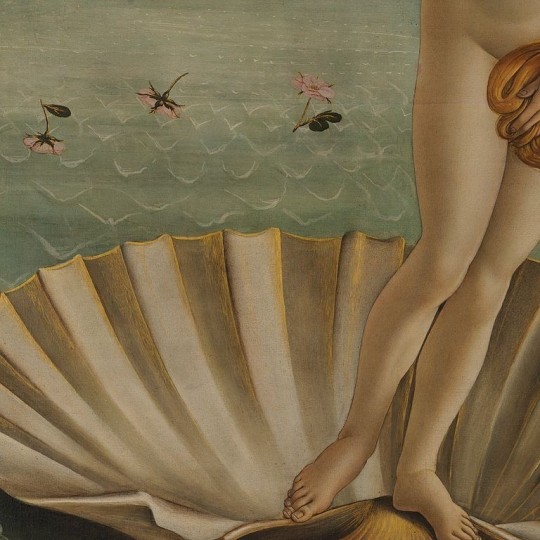
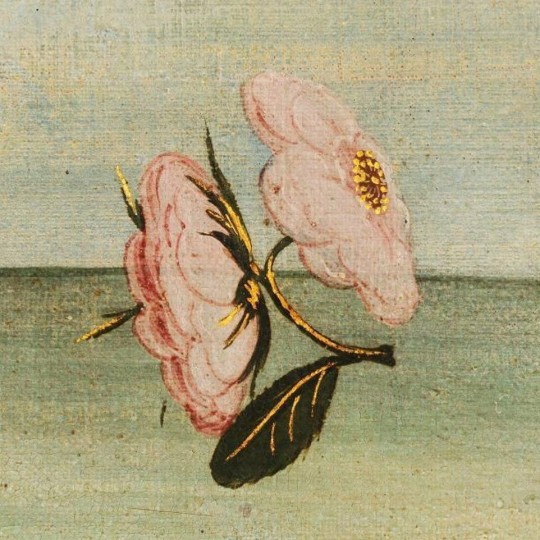
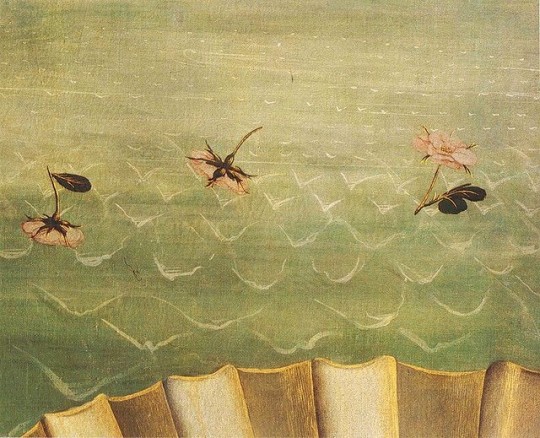
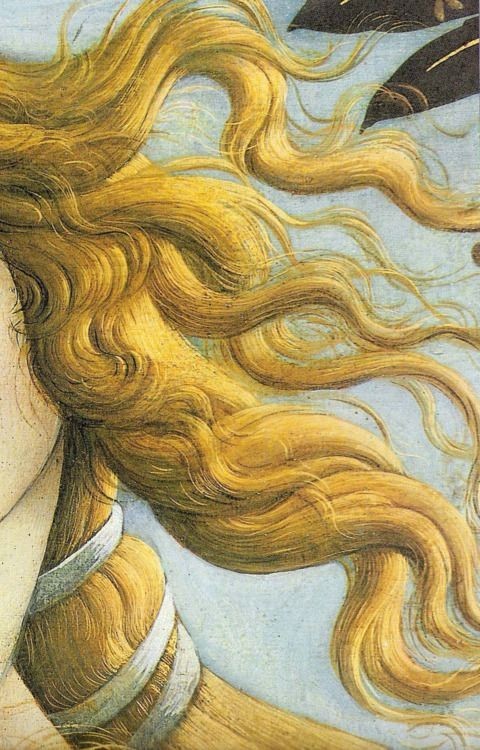
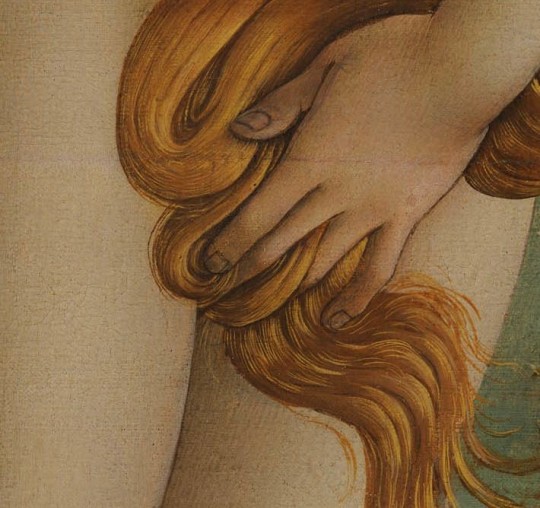
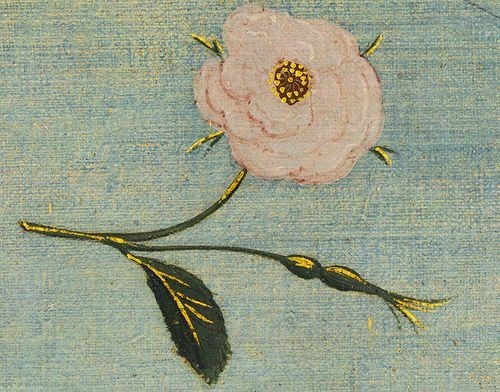
Sandro Botticelli, The Birth of Venus, details - c.1482-85
13K notes
·
View notes
Text
Aiuto
I'm looking for an Italian speaking patient pal who can help me. I'm trying to learn Italian by myself mainly with duo lingo but I'm confused most of the time. Mr Green owl doesn't explain why there are so many different words for it and when to use which of them.
I'm from Germany so I can help you with your German in return if you're interested. And I can send you pictures of my pets if that sweetens the deal ;) like this picture for example :

#study buddy#Italian#English#German#language#learning#studyblr#studying italian#Italy#looking for friends
0 notes
Text
Ich spreche Deutsch
I speak English and
Sto imparando l'italiano
0 notes
Photo

Ugo de Cesare (Italian, 1950-). Watercolour.
2K notes
·
View notes
Text
ITALIAN EXPRESSIONS
Raga - short for “ragazzi”; literally: “guys” (probably the most used)
Dai - it can be translated to “come on” and it’s pronounced like the English word “die” (so yeah it can create a little bit of misunderstanding)
Meno Male! - literally “less bad!”; but it means “thank God!”
Magari! - literally “maybe”; it’s the italian equivalent of “I wish!”
Basta - it means “that’s enough” “stop it” “enough”
Boh - literally this emoji: ¯\_(ツ)_/¯ or “to have no clue”. (“Did we have homework for today” “boh”)
Quattro gatti - literally “four cats”; it means very few people. (Alla festa eravamo in quattro gatti - at the party we were in four cats)
Come Dio comanda - literally “as God commands”; something done properly, like it should be.
Spettegolare - to gossip
Toccare ferro - literally “to touch iron”; italian equivalent for “knock on wood” (yeah we touch iron instead)
alzare il gomito - literally: “to raise the elbow”; to drink too much (if someone raised the elbow he drank more than he should have)
Siga - short for “sigaretta” which means cigarette (would be “ciga” in English? Did I just invented a new slang word? Idk)
Ci sta - literally: “it fits” it means “that’s cool” “sounds good”
Fatti furbo - literally: “make yourself smart”; it means something like “wake up!” “open your eyes!”
Un limone - literally: “a lemon”; it’s a make out session
10K notes
·
View notes

